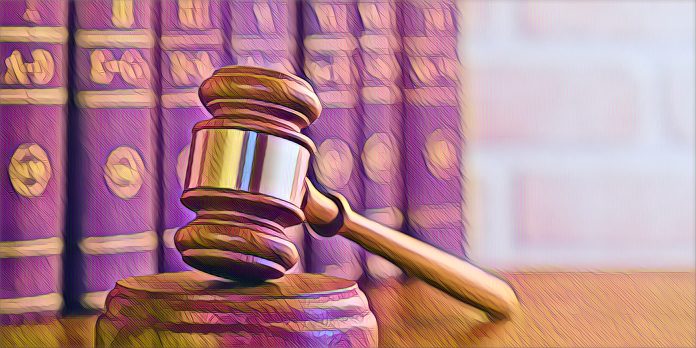The Nigerian Senate has amended its standing orders to make it harder for its leadership to be removed by a vote of no confidence. The move comes amid rumors of a plot to oust the Senate President, Godswill Akpabio, who was elected in June with a slim margin. According to the new rules, only senators who have served for at least one term or four years can contest for the positions of Senate President and Deputy Senate President1. This effectively bars first-term senators from vying for the top posts in the upper chamber of the National Assembly.
The amendment was sponsored by the Senate Majority Leader, Opeyemi Bamidele, and passed by a voice vote on Tuesday. Bamidele said the amendment was aimed at ensuring stability and continuity in the Senate leadership. However, some senators and human rights groups have criticized the amendment as unconstitutional and undemocratic. They argue that it violates Section 50 (1) of the 1999 Constitution, which states that the Senate President and Deputy Senate President shall be elected by the members of the Senate from among themselves.
They also contend that the amendment is a self-serving move by Akpabio and his loyalists to protect themselves from possible impeachment. Akpabio, a former governor of Akwa Ibom State, has faced opposition from some senators who accuse him of being a stooge of the executive arm of government. The Senate also created nine new standing committees, bringing the total number of committees to 83. The committees are expected to oversee the activities of various ministries, departments and agencies of the government.
The amendment of the Senate rules and the creation of new committees are seen as part of the preparations for the 2024 general elections, in which the ruling All Progressives Congress (APC) and the main opposition People’s Democratic Party (PDP) are expected to clash over the presidency and other offices. The Senate is one of the key institutions of Nigeria’s democracy, which has been restored since 1999 after decades of military rule. The Senate has the power to make laws, approve the budget, confirm appointments and impeach the president.
The Senate has also played a vital role in addressing some of the major challenges facing Nigeria, such as insecurity, corruption, poverty and unemployment. The Senate has passed several bills and resolutions to tackle these issues and promote the welfare of the citizens. The Senate has also been a platform for dialogue and consensus-building among the diverse ethnic, religious and regional groups in Nigeria, which is Africa’s most populous and largest economy. The Senate has fostered a culture of tolerance and cooperation among the senators, who represent the 36 states and the Federal Capital Territory. The Senate hopes to continue to uphold its constitutional mandate and serve the interests of the Nigerian people, despite the internal and external pressures it may face.
Source: Vanguard



